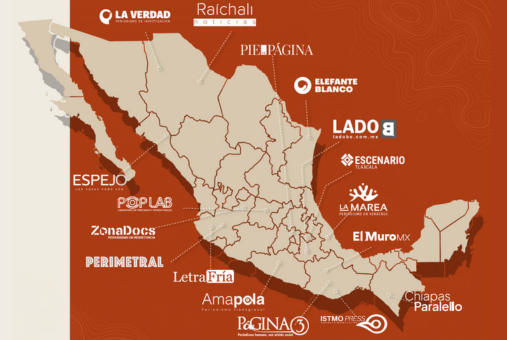
Seventeen independent media outlets from 12 Mexican states have formed the Territorial alliance to address challenges facing local journalism and reconnect with audiences.

Working from exile and inside Venezuela, journalists from 9 outlets and organizations collaborated to counter disinformation and protect one another while reporting under extreme risk.
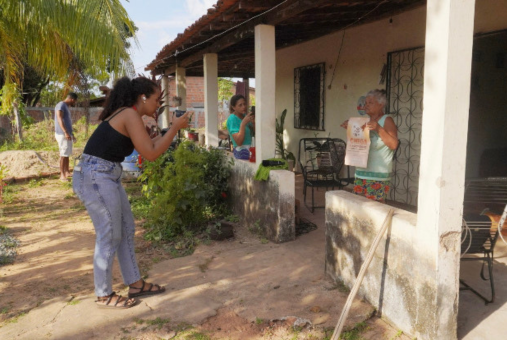
In Brazil’s small cities, where big media rarely look, small online startups are filling the news gap. They produce vital local journalism but struggle to reach readers and stay financially afloat.
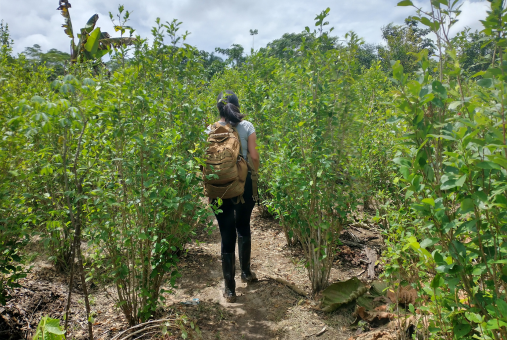
Al Margen focuses on investigating crime as a social phenomenon, not just with a breaking news angle. With a focus on data and fieldwork, it seeks to reveal realities often hidden from the public.
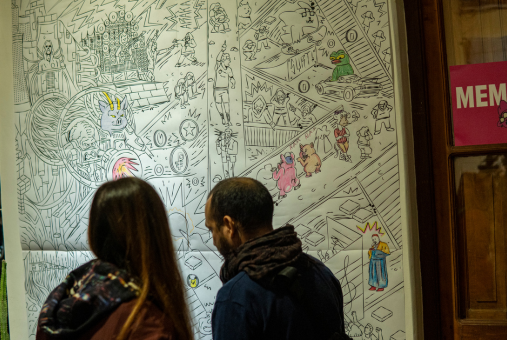
The Paraguayan investigative outlet is betting on monthly print editions — and public, interactive events — to better connect with local communities.

For nearly a year, a team of journalists crossed borders to trace illegal gold mining from Perú to Colombia to Venezuela. They found a web of corruption, violence, and environmental destruction operating with the complicity of those in power.

Research reveals a "vibrant and dynamic" ecosystem in the South American country with a strong reliance on advertising and higher revenue among non-profit organizations.

A recent podcast episode sparked controversy in Brazil by telling a personal story without including the other side. The case raises a key question: to what extent do the ethical dilemmas of new formats differ from those of traditional media?
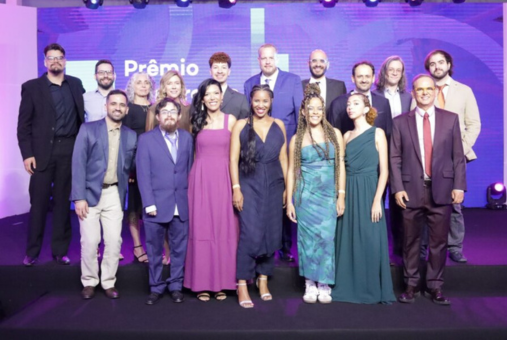
Judicial news portal Migalhas has acquired Congresso em Foco, a respected voice in Brazilian political coverage. The landmark deal is likely a pivotal moment for niche journalism and points toward a trend of consolidation in digital media.

Partnering with El Deber, Bolivia’s largest newspaper, Connectas is kicking off a pilot campaign to connect donors in the U.S. with independent media across the continent.
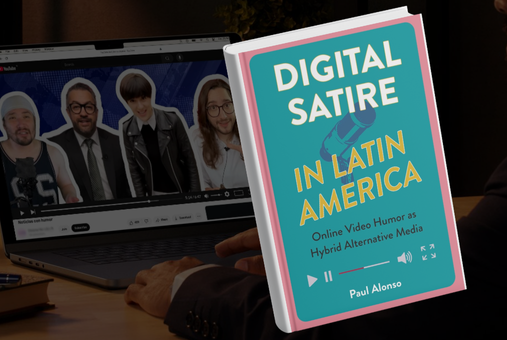
Digital satire programs, such as Mexico’s “El Pulso de la República” or Colombia’s “La Pulla,” are gaining increasing visibility and having big impacts on public discourse in their countries. They’re also filling the gap in sociopolitical criticism left by traditional media, according to research by Peruvian journalist and academic Paul Alonso.
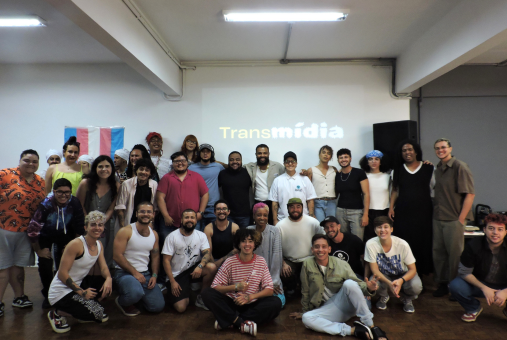
Transmídia, Brazil's first journalism outlet dedicated to trans issues, is staffed entirely by trans people with a mission to promote inclusion and combat misinformation.